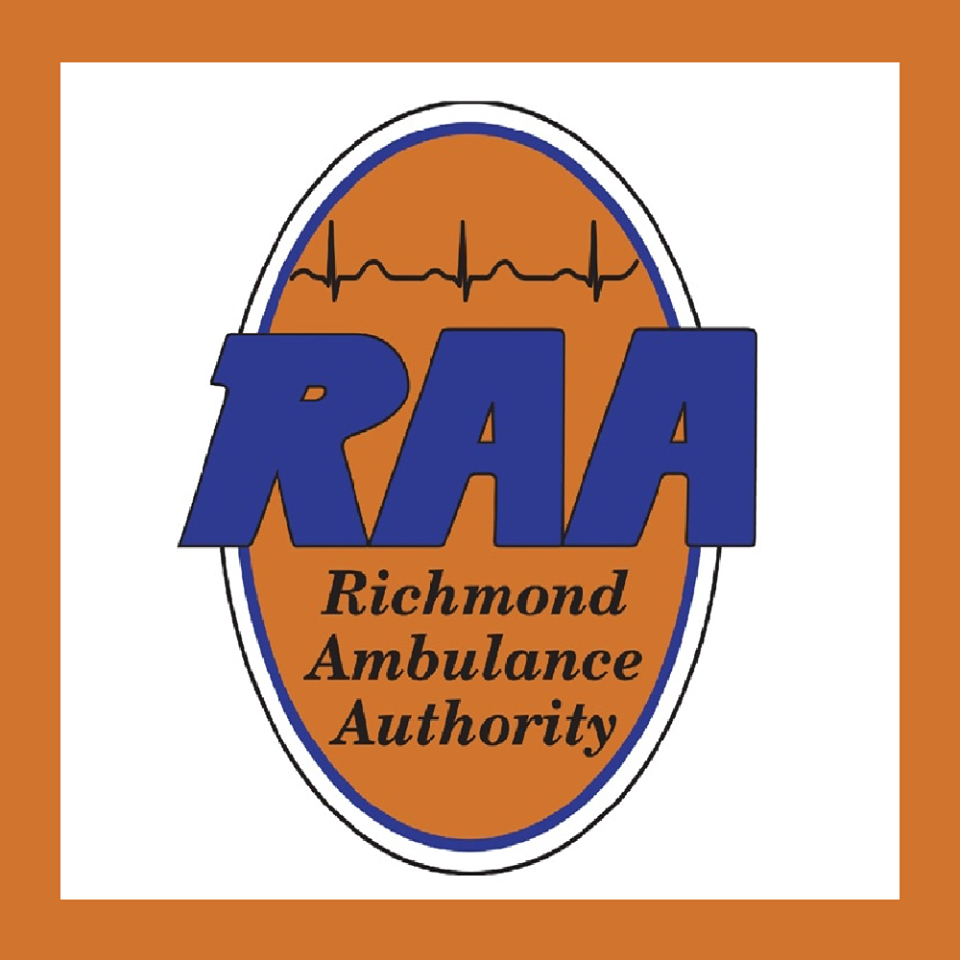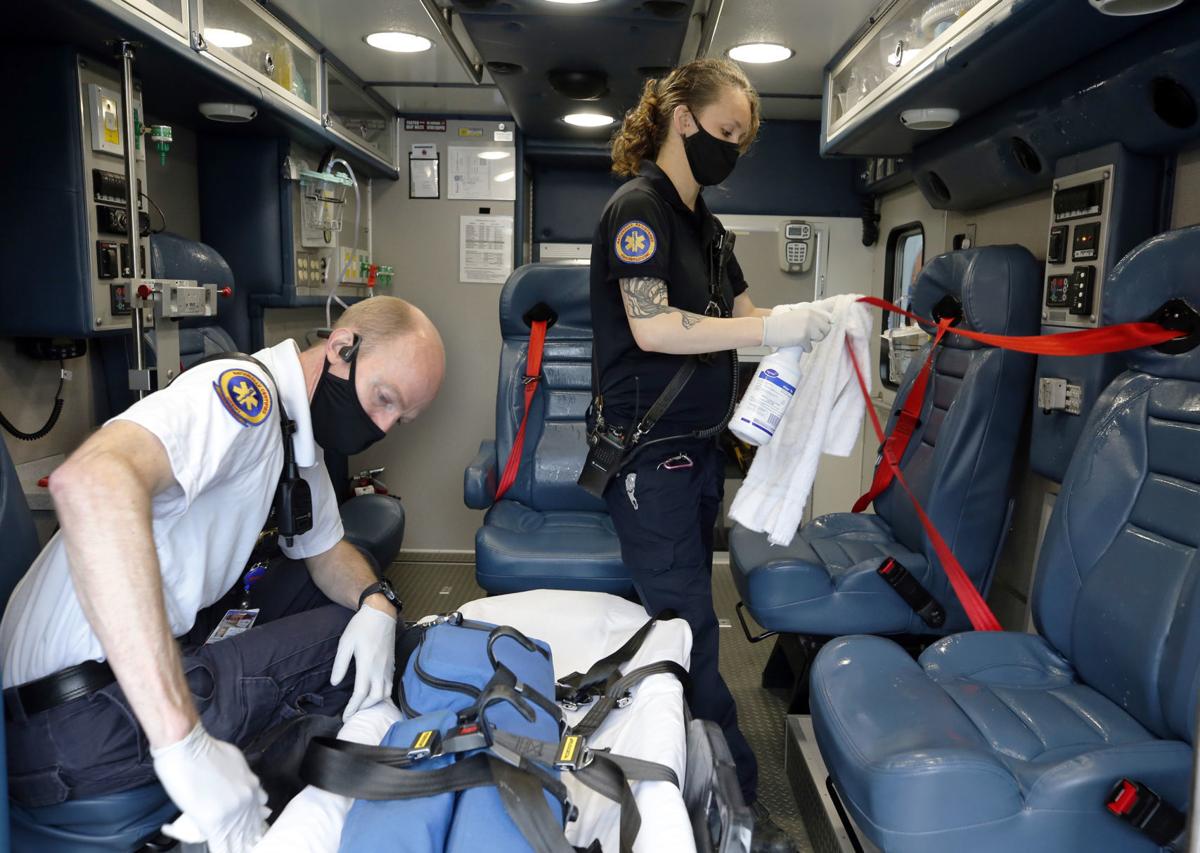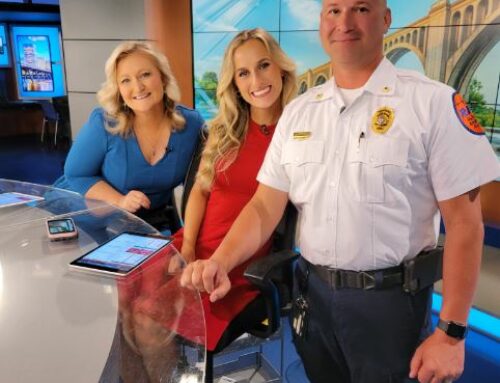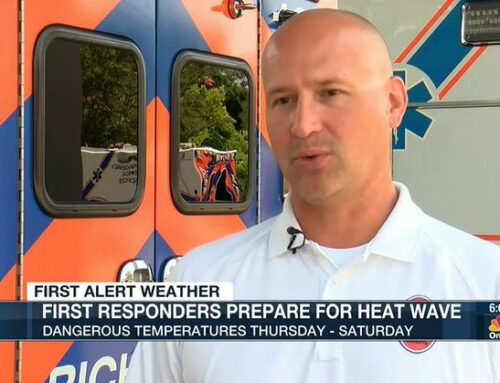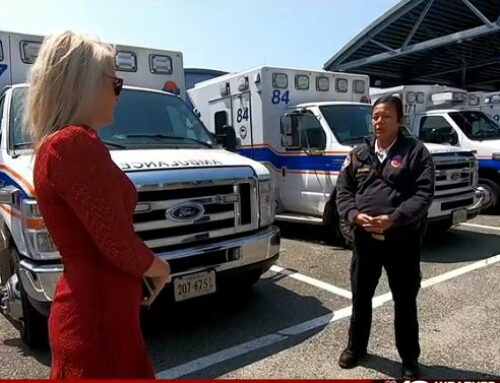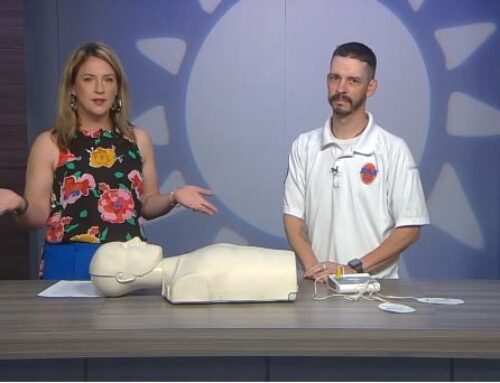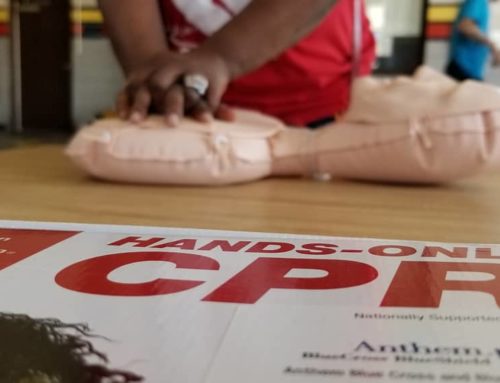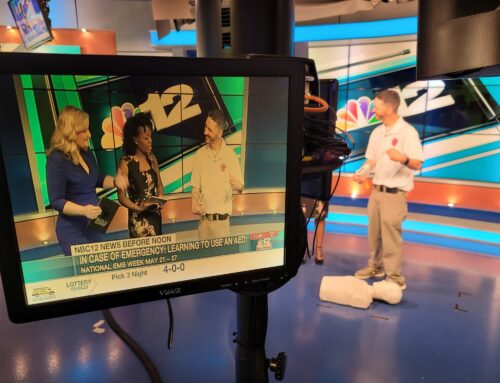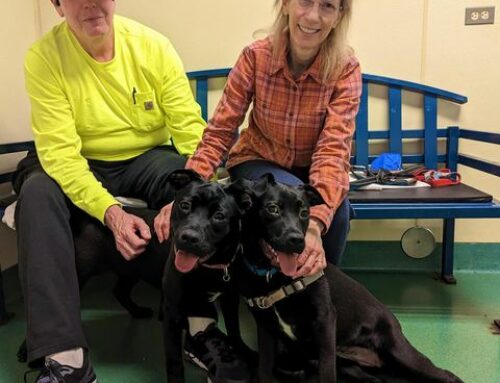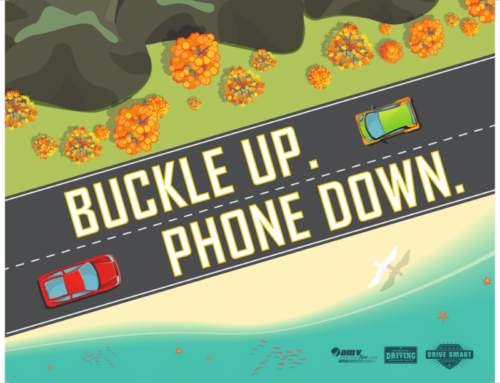This is an excerpt from a Richmond Times Dispatch article. You can find the article in its entirety at richmond.com
With the COVID-19 death toll surpassing 100,000 nationwide and states charting their own courses forward, the trajectory of the pandemic and its aftermath will rely on millions upon millions of individual decisions, each carrying its own risks.
For now, emergency workers across the region are hoping people will make the best choices they can to minimize individual and collective harm and to get the help they need, when they need it. Some aren’t.
Although some of the ambulance authority’s dip stems from a drop in traffic accidents with fewer cars on the road, other people are not calling or not calling soon enough, said Michael Colman, the agency’s chief operating officer.
“People are waiting until their symptoms get worse and worse and worse. When they finally call, there are fewer things we can do,” he said.
Although the agency saw 20% fewer calls this year compared with last year in a six-week span through the end of April, the number of cardiac arrests reported increased from 65 to 84 during the same period.
Hospitals are seeing more patients arrive with irreversible damage to their hearts or brains that Colman said could have been prevented with quicker intervention. Maybe people are isolated and don’t have a loved one around to make the call, he said. Maybe they’re broke. Maybe they’re afraid.
“The sad thing is there’s no reason for it,” Colman said. “There’s plenty of ambulances because our volume is down. There’s plenty of space in the hospitals because their volume is down. They’re safe; we’re safe.”
Non-emergency and 911 calls are down across the region. Colman didn’t expect to be here: asking people to call.
